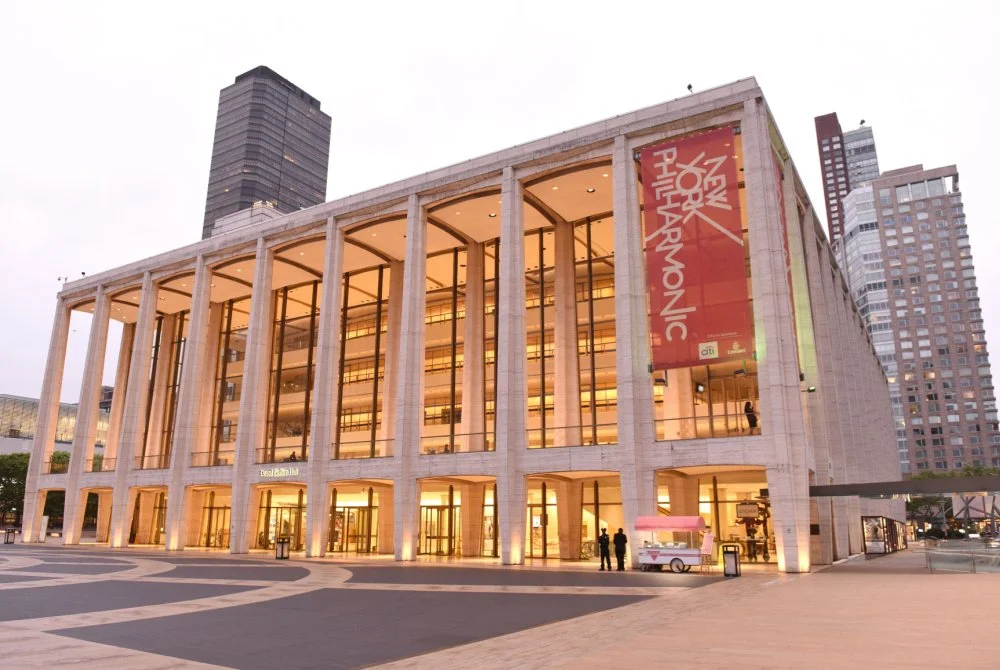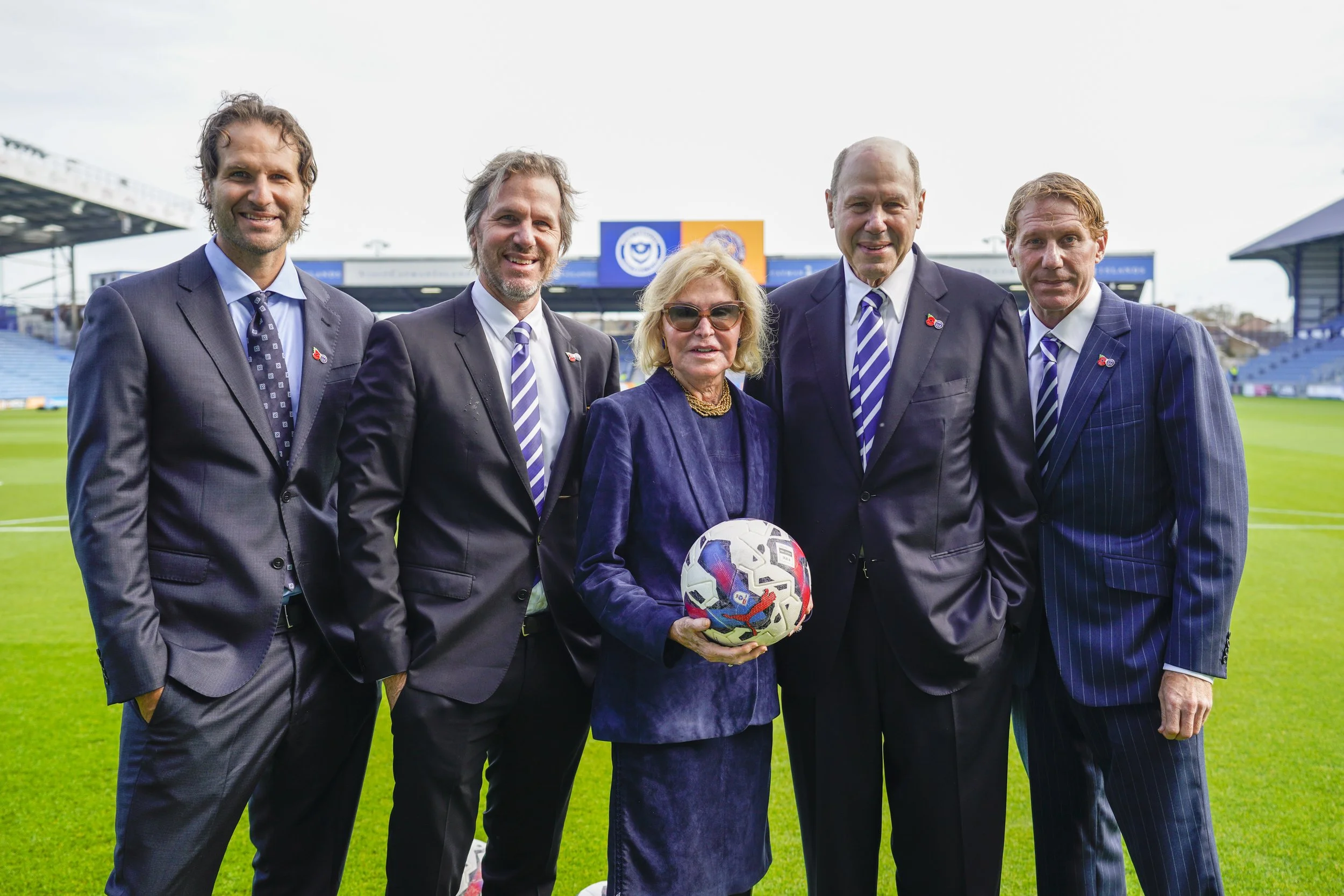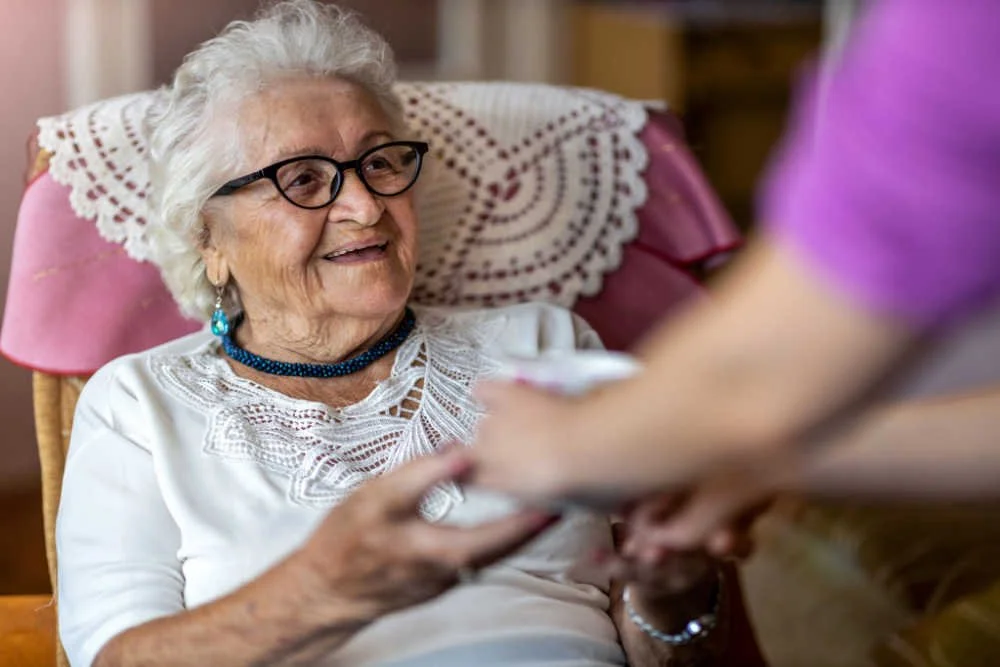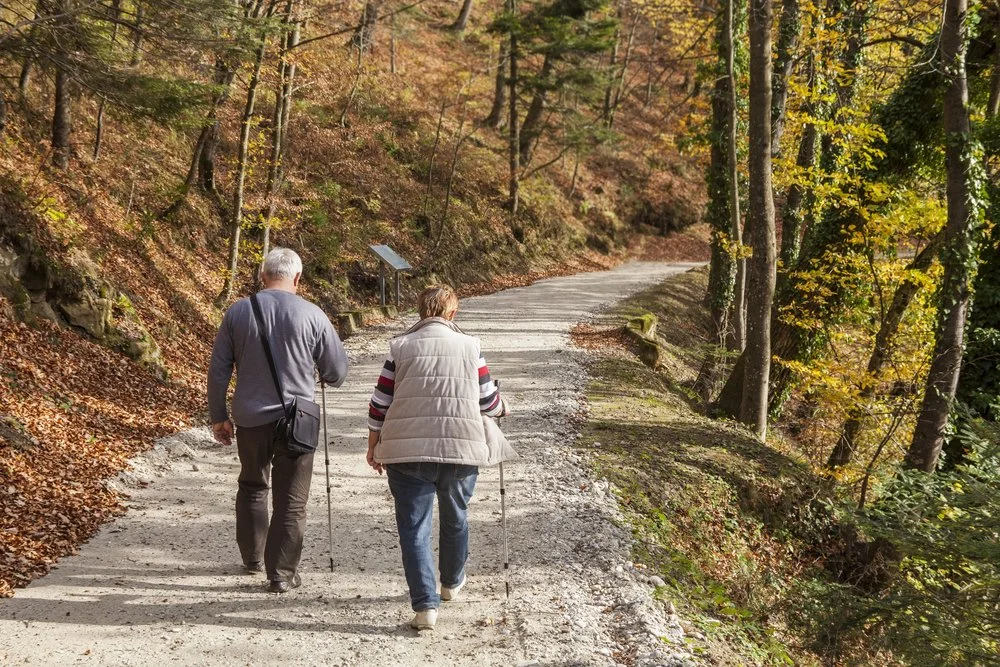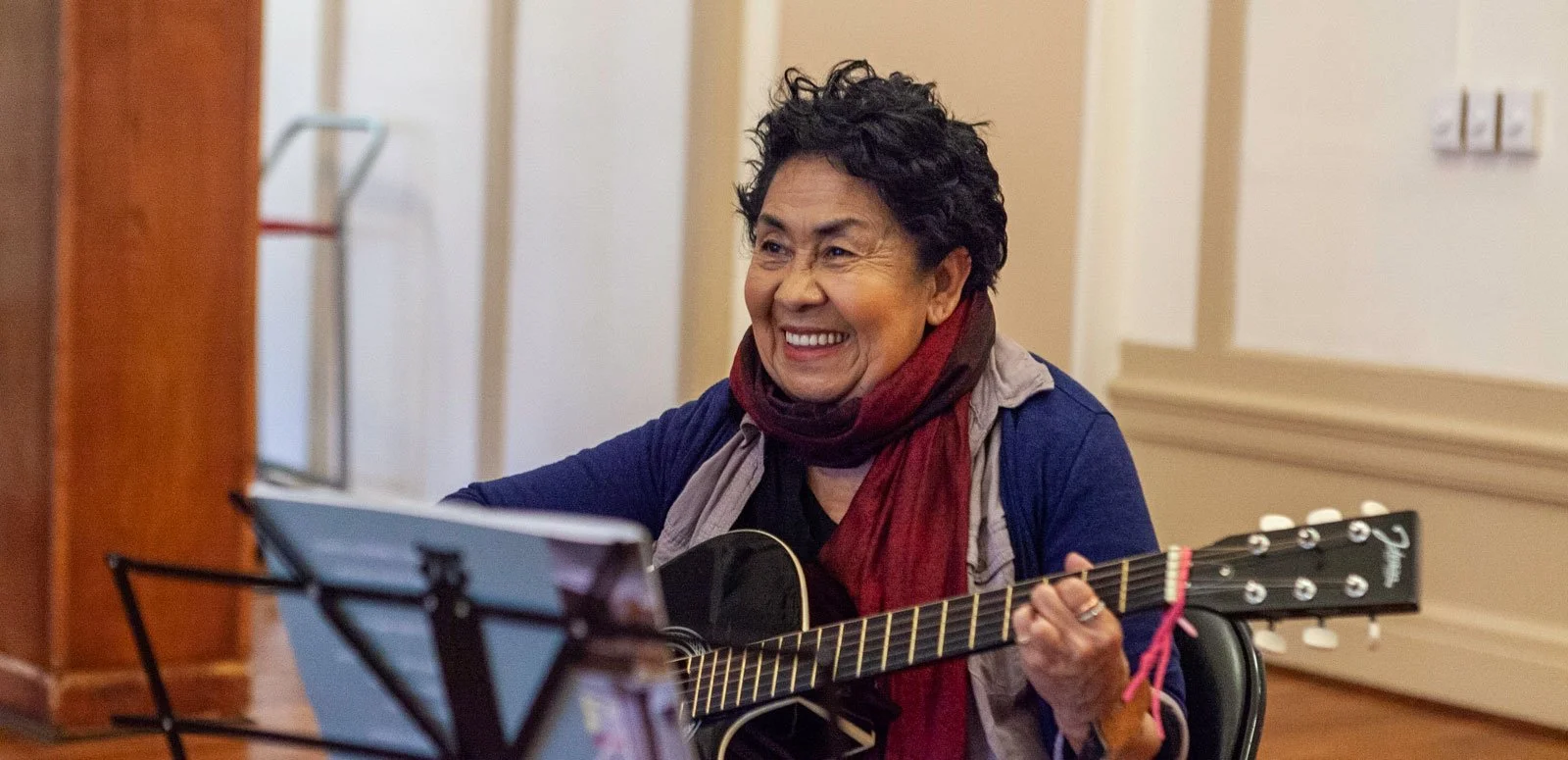Overlooked, But Not Forgotten By This Funder: A Grantmaker Takes on Elder Abuse
/vuqarali/shuttestock
The John A. Hartford Foundation recently put up $1.55 million to shine a light on abuse suffered by older Americans. The grant will go to the Education Development Center, which will train six hospital emergency departments on identifying and addressing signs of elder abuse.
Few foundations support work that deals exclusively with older Americans. Some 10,000 baby boomers retire each day, a trend that’s reshaping the nation, creating both new opportunities and new problems, but funders seem to be tuned out. John Feather, the CEO of Grantmakers in Aging, told us last year that the general sentiment around charitable giving is: “Children are an investment; older people are an expense. While few people would say it as bluntly as that, we see it all the time. It’s not that older people’s programs are bad, it’s just that, you know, there’s not return on that investment like there is if you do early childhood development programs for kids.”
The John A. Hartford Foundation (JAHF) sees things differently. And its leadership in the aging space leaves it open to funding a range of issues—many of which are largely ignored by other foundations.
Related: It's a Coming Tsunami. Which Funders Are Confronting an Aging America?
It’s estimated that 10 percent of Americans over 60 experience some form of abuse from caretakers. Experts put that number from 1 to 5 million Americans. Still, only about one in 14 cases are reported, researchers estimate. That’s why training medical experts to spot the signs is so crucial.
“Unlike older adults with other high-risk conditions, those who experience abuse are much less likely to seek help,” said Rebecca Jackson Stoeckle, the center’s vice president and director of private sector partnerships. “They may be impaired, ashamed, isolated, or dependent on a caregiver who is the perpetrator of the abuse.”
“This project will equip emergency departments, which disproportionately care for older persons with known risk factors for elder mistreatment, to identify and address elder mistreatment.”
As part of the JAHF grant, the Education Development Center will implement and test the Elder Mistreatment Emergency Department Care Model at six diverse emergency departments over the course of two and a half years.
As part of the work, the center will also partner with organizations in California, Massachusetts, New York and Texas that focus on elder care. The partnerships will center on developing training materials and working with clinical leaders to ready the model to scale nationally in the future.
The Education Development Center is a nonprofit that focuses on designing, implementing and evaluating complex programs. Its areas of interest include education, health and economic opportunity. JAHF chose the center in part for its track record of scaling complex work, said Terry Fulmer, the foundation’s president.
“This project has the ambitious goal of working toward universal screening in emergency departments of all older adults who may be victims of elder mistreatment,” Fulmer said. “This pilot is a visionary approach for all of us caring for the health of older adults, working together with our emergency departments and health centers to create age-friendly health systems.”
Few foundations focus on eldercare the way that JAHF does. The foundation’s singular focus allows it to explore several facets of the field through its funding. This gift was on elder abuse, but in the past, the foundation has also given significantly to diabetes prevention, end-of-life care and strengthening the workforce that cares for the elderly.
A few other foundations also get in on this type of work. The Archstone Foundation in Long Beach and the Gary and Mary West Foundation in San Diego focus extensively on elder care. Unsurprisingly, the AARP Foundation does, as well. The foundation does a lot of work to promote economic security for the elderly, through strategies like affordable housing, tax advising and job placement for those older than 50. The foundation also dedicates support to combating social isolation among older Americans.
The Robert Wood Johnson Foundation’s work has overlapped with aging here and there. At one point, the foundation used to do more work on end-of-life issues and still supports some work in the field. The foundation’s work on causes like social isolation may also deal with the elderly, because older Americans experience those, too.
For the most part, that’s the type of work advocates for elder care within philanthropy push foundations to take on. Those advocates work to convince foundations to take older Americans into consideration as they sponsor broader work—whether that’s in complex health care, transportation, economic security or housing.
Related:






